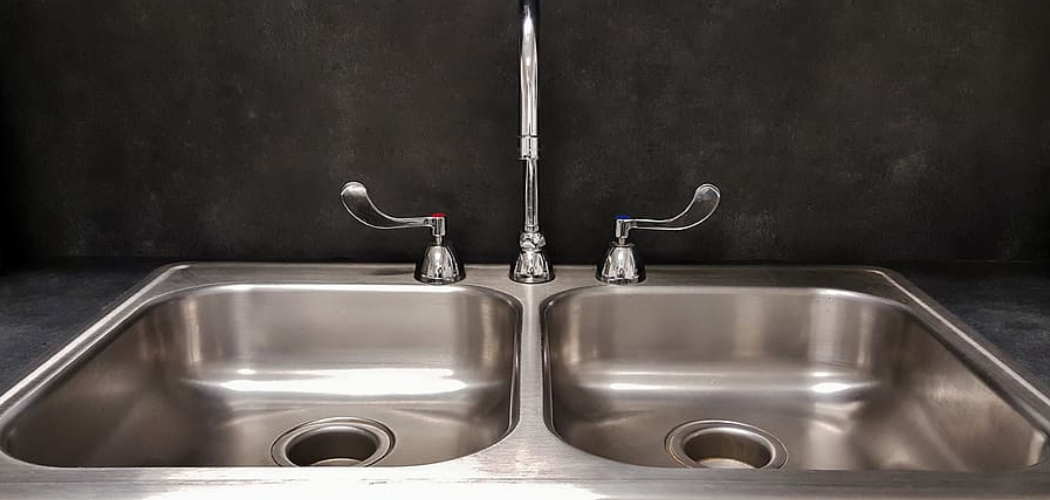Cleaning RV sink drains may be a daunting task for many, especially those unfamiliar with wastewater systems. After all, properly draining an RV can help to prevent it from sustaining long-term damage over time. But don’t worry – the process of cleaning an RV sink drain is much simpler than you might think.
As an RV owner, you know how important it is to keep your vehicle in top shape. Keeping the sink drains of your RV clean is essential in maintaining a tidy kitchen and preventing clogs.
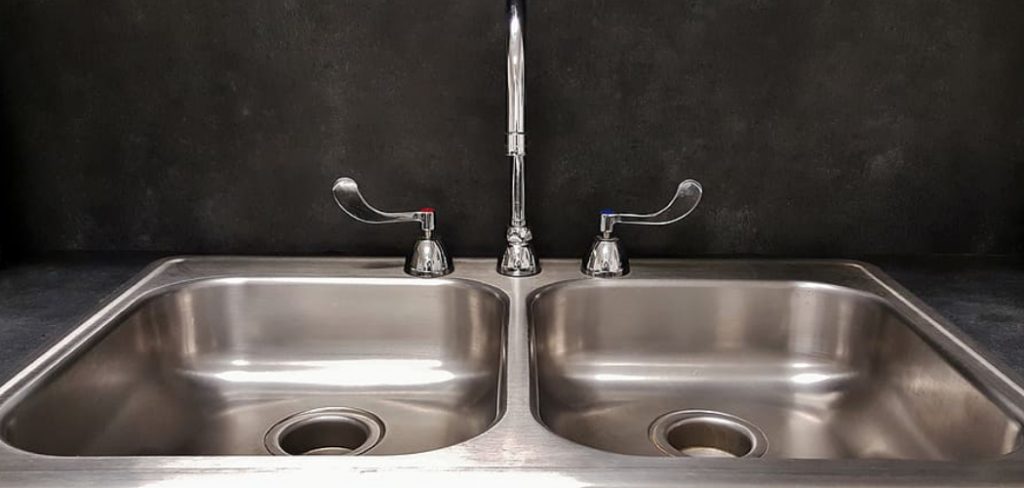
In this blog post, we’re going to discuss how to clean rv sink drains and go over some handy tips on maintaining your drainage system well into the future. So read on to learn more about making sure your recreational vehicle stays healthy! Learn about the importance of keeping your RV sink drains clean as well as some tips on how to effectively do so in this blog post.
Why Do You Need to Clean RV Sink Drains?
It is important to clean your RV sink drains because it helps keep the drainage system in good condition. If not, debris and grime can build up over time and cause clogs or even damage to the pipes. Not only that, but having a dirty drain also creates an unpleasant smell that will spread throughout your recreational vehicle. This could make living in it uncomfortable for yourself and your guests.
Therefore, in order to prevent these issues from occurring, it is essential that you regularly clean RV sink drains. This process can be done by hand or with specialized cleaning products.
Things to Remember While Cleaning RV Sink Drains
1. Cleaning
The key to a healthy RV sink is regular cleaning and maintenance. Cleaning the drain every few weeks will help prevent clogs from forming as well as give you an idea if there are any potential issues with your drainage system. Also, be sure to use a safe cleaner that won’t damage your sink or pipes.
2. Snaking
Sometimes drain clogs are too stubborn to clean with just a brush and cleaner. In this case, you may need to rent or buy a power snaking tool in order to effectively unclog the drain. This device works by shooting pressure through the pipe in order to push out any stubborn clogs.
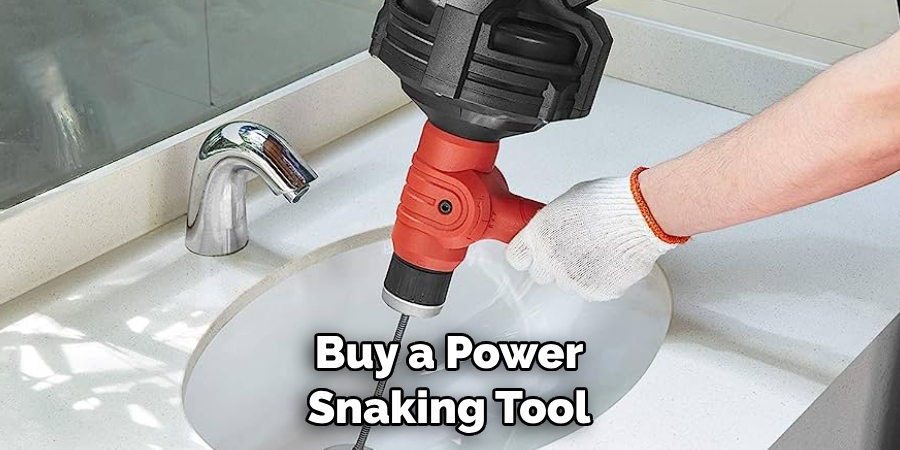
3. Prevention
The best way to keep your RV sink drain clean is by preventing clogs from forming in the first place. Make sure to be mindful of what you are putting down the sink and avoid pouring grease or other thick liquids into it. You should also avoid letting food sit in the sink for too long as this can cause buildup and clogs.
By following these simple steps, you can ensure your RV sink drains will remain clean and free from any pesky clogs in the future! As always, remember to keep up with regular maintenance and cleaning of your RV sink in order to avoid any potential issues. Have a great time on your next RV adventure!
10 Ways How to Clean RV Sink Drains
1. Clean Debris
Start by clearing the drain of any debris or clogs. Use a sink plunger or snake to remove any items that may be stuck in the pipes. If the clog remains, try using chemical drain cleaners to break up the build-up. Also, use a toothbrush to reach small clogs which may not be cleared by other methods.
2. Boiling Water
Boiling water is an effective way to clean RV sink drains. Pour hot boiling water down the drain, and it can help break up any grease or scum buildup that may have accumulated in the pipes. Boiling water can also help loosen tough clogs.
3. Vinegar and Baking Soda
Vinegar and baking soda is a tried-and-true method of cleaning RV sink drains. Pour one cup of baking soda down the drain, followed by one cup of white vinegar. Allow the solution to sit for up to an hour before pouring boiling water down the drain to
3. Baking Soda & Salt
Another effective way to clean RV sink drains is with baking soda and salt. Mix equal parts of baking soda and salt, and then pour the mixture down the drain. Allow it to sit for about 20 minutes before rinsing it with hot water.
4. Lemon Juice
For a natural cleaning solution, try using lemon juice on your RV sinks drains. Squeeze one lemon into a cup and then pour the juice down the drain. Leave it to sit for 15 minutes before rinsing it with hot water.
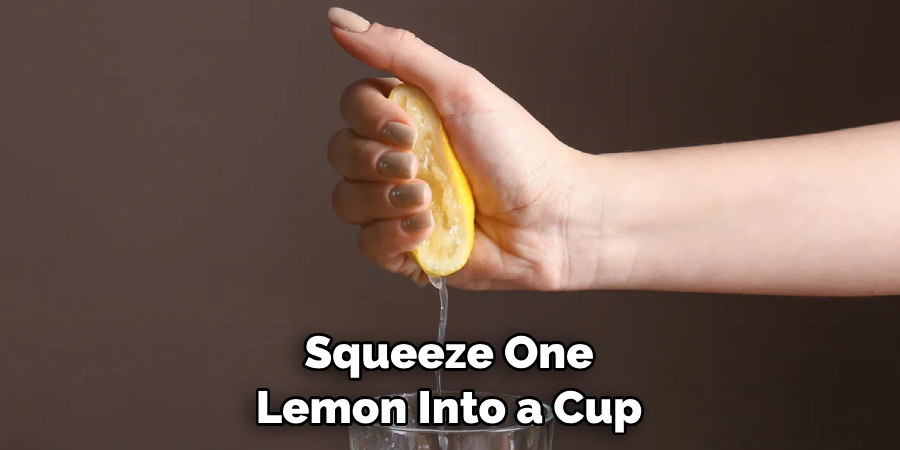
5. Dish Soap & Hot Water
Dish soap is another great cleaning solution for RV sink drains. Mix one part dish soap with two parts hot water, and then pour the mixture down the drain. Leave it to sit for 10 minutes before rinsing it with hot water.
6. Baking Soda & Vinegar
Baking soda and vinegar are another effective cleaning solution when it comes to RV sink drains. Start by pouring one cup of baking soda down the drain, followed by one cup of white vinegar. Allow the solution to sit for up to an hour before flushing with hot water.
7. Plunger
If you are dealing with a clog in your RV sink drain, use a plunger to clear it out. Make sure the plunger is covered completely in water before plunging to create a tight seal around the drain opening. Plunge up and down several times until the clog is cleared.
8. Garbage Disposal Cleaner
If your RV sink has a garbage disposal, use a special cleaner to remove any buildup that may have accumulated inside the unit. Follow the directions on the cleaner and allow it to sit for 15 minutes before flushing with hot water.
9. Bleach & Water Solution
To disinfect RV sink drains, mix one part bleach with 10 parts water. Pour the solution down the drain and let it sit for 30 minutes before flushing with hot water.
10. Professional Cleaning
If your RV sink drains are still clogged, or you cannot seem to get them clean, consider hiring a professional plumber to help. They will be able to correctly diagnose any issues and make sure your RV sink drains are functioning properly.
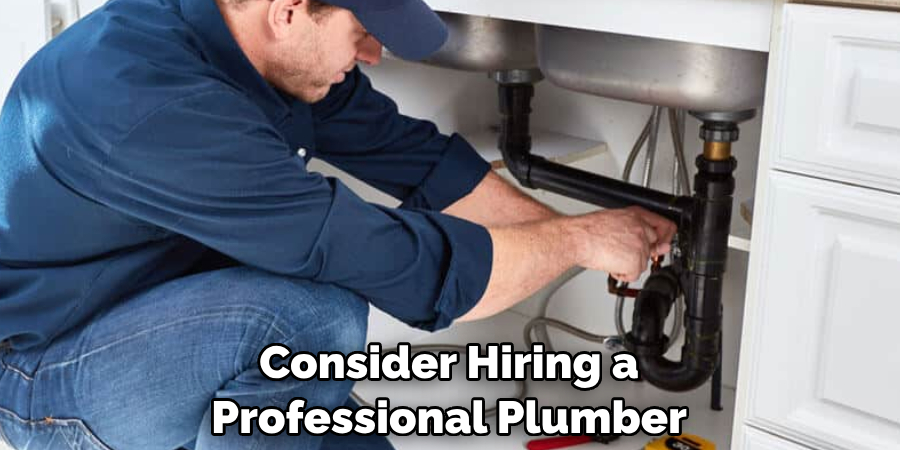
By following these steps, you can easily clean and maintain your RV sink drains. With the right products and a little bit of elbow grease, you will be able to keep them in working order for years to come.
7 Safety Precautions
It is important to follow certain safety precautions when cleaning RV sink drains.
1. Wear long sleeves, pants, and gloves to protect your skin from any caustic chemicals that may be used during the cleaning process. Also, wear safety glasses to avoid any splashing from the sink. Protective eyewear is highly recommended.
2. Do not mix any chemicals in the sink, as this can be dangerous. Stick to using one cleaner at a time. Chemicals such as bleach and ammonia should not be used at the same time.
3. Make sure you have proper ventilation when using chemical cleaners, such as pouring them in small amounts over a sink drain screen. Proper ventilation is necessary to avoid the risk of inhaling toxic fumes.
4. Keep pets and children away from the area when using any cleaners, as they may get exposed to dangerous chemicals. Keeping the area well-ventilated is also important to avoid any potential respiratory issues.
5. Make sure to read the label of any chemical cleaner before using it and follow all instructions carefully. If possible, use natural or non-toxic cleaners for RV sink drain cleaning as opposed to harsher chemicals that may damage the sink or pipes.
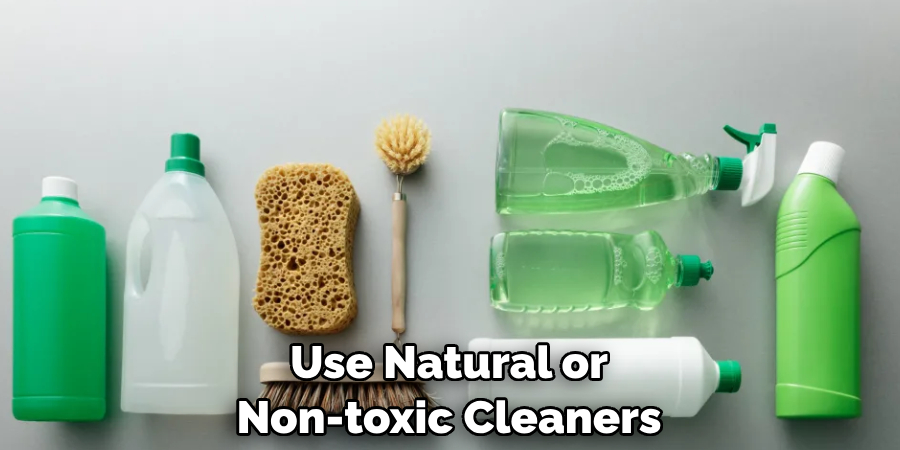
6. Never pour boiling water directly into the sink. This can cause damage to the pipes and potentially lead to a burst pipe. Boiling water can be used to soften the clog, but it should be poured slowly and carefully.
7. Before using a plumbing snake or auger to remove a stubborn clog, make sure to test it on something first, such as a rag or paper towel. This will help ensure that the correct size is being used and that it will not cause any damage to the pipes.
By following these safety precautions when cleaning RV sink drains, you can help ensure that the process is safe and effective. It’s also a good idea to regularly clean your RV sink drains to help prevent any clogs from occurring in the first place. Keep these guidelines in mind, and you’ll be on your way to having a happy and healthy RV with a functioning sink drain.
Frequently Asked Questions
How Long Will It Take to Finish the Project?
It depends on the severity of the clog; however, most RV sink drain cleaning projects should be completed within a few hours. You may need to use specialized tools and ensure that all of the debris is removed from the pipes to avoid a potential recurrence.
Also, be sure to allow time for the sink drain to dry before adding any water or other liquids. If you’re not comfortable with cleaning the RV sink drain yourself, you can always hire a professional plumber who is familiar with this type of job. They should be able to get it done quickly and safely.
Are There Any Special Tools Needed to Clean the RV Sink Drain?
Yes, depending on the severity of the clog and the type of pipes used for your RV’s sink drain, you may need to purchase special tools such as pliers or a pipe wrench. You may also need drain cleaners, vinegar, baking soda, or other natural cleaners to help dissolve any residual debris in the pipes. Additionally, you may need to use a snake or auger tool to further remove any stubborn clogs.
Is It Possible to Prevent This From Happening Again?
Yes, there are several steps you can take to reduce the chances of your RV sink drain becoming clogged again. To start, you should regularly check and clean the pipes leading from the sink drain. Additionally, be sure to regularly inspect all of the valves and connections associated with your RV’s sink drain.
It’s also important to avoid pouring any grease or other materials down the sink, as this can lead to a clog. Finally, if you’re ever unsure about how to clean your RV sink drain properly, it’s best to contact a professional plumber for assistance.
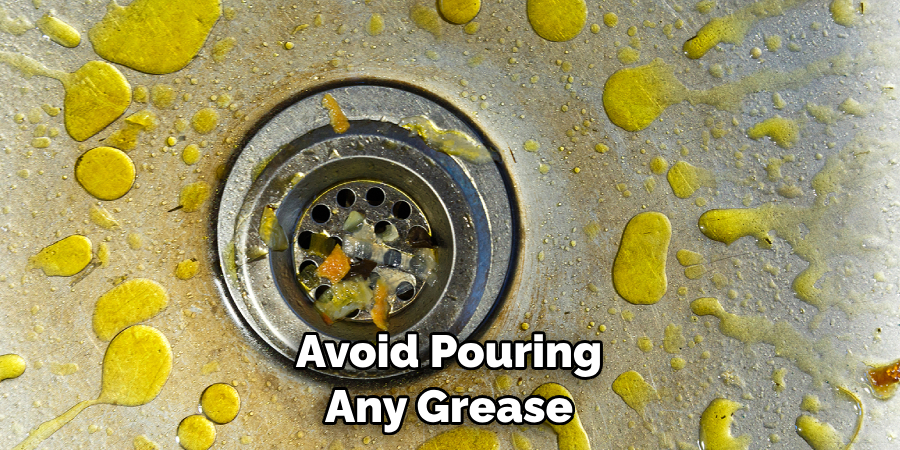
Conclusion
In conclusion, RV sink drains can eventually become clogged due to food particles, minerals, and other debris. RV owners should be aware that maintaining a clean and clear sink drain is important to keep their RV hygienic and appealing. Setting up regular maintenance for your RV sink drains is the best way to ensure they are kept clean.
Simple steps such as running hot water after each use, checking for backups, using natural hazards like baking soda and vinegar, or suspending a mesh strainer in each drain are also easy methods of preventing blockages.
There may be more difficult cases when a plunger or chemical products are necessary, but having the knowledge of how to clean RV sink drains and taking preventative steps goes a long way in keeping your home on wheels flowing smoothly.

